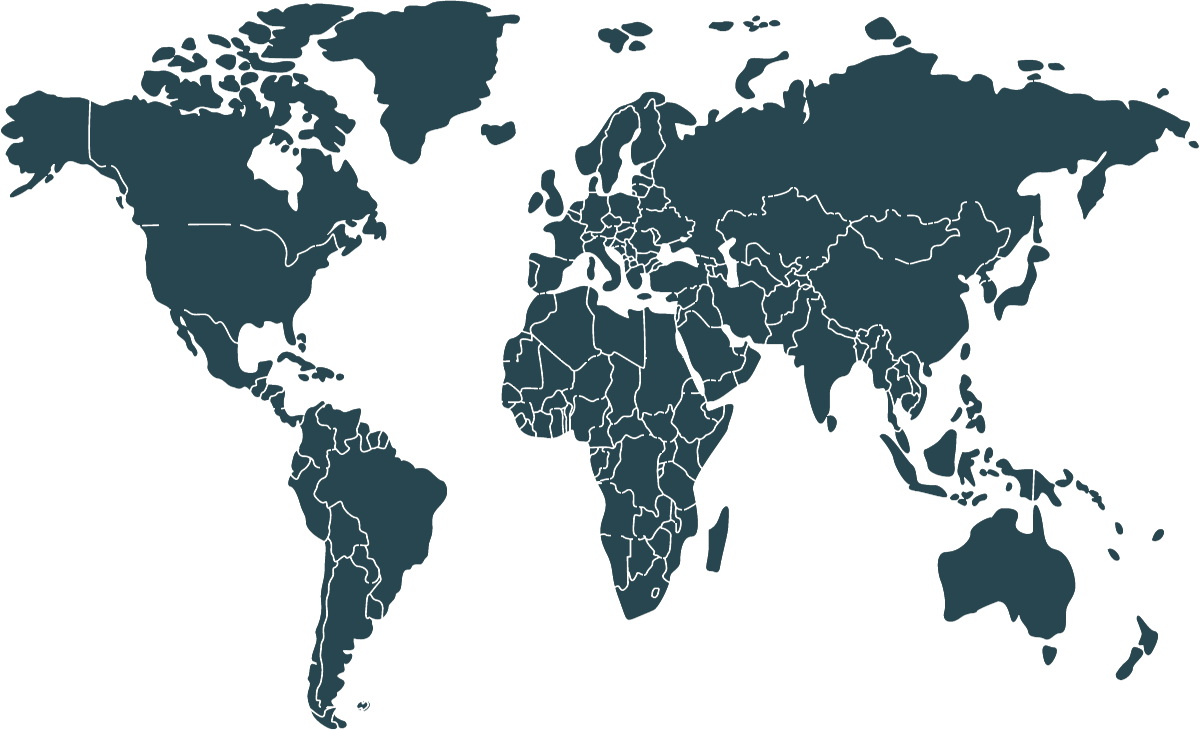On 8 January 2025, an article published on Eco-Business, an environmental business online news source based in Singapore, announced Singapore’s plan for a global framework to recognise RECs from cross-border electricity trading outside single markets.
“Singapore – which is exploring 7.35 gigawatts (GW) worth of clean power deals in Southeast Asia to meet its decarbonisation goals – is looking to develop a framework that recognises renewable energy credits (RECs) from these transactions, in a bid to increase the viability of costly cross-border projects for developers.
If successful, it could serve as a model for other regions to define what sort of cross-border REC transactions are viewed as credible or permissible, industry players told Eco-Business.”
Singapore is an I-TRACK Foundation-approved country for the issuance of I-REC(E) (the international renewable energy certificates for electricity) alongside all other nine countries in the ASEAN region. Together with other ASEAN countries, Singapore joined the I-TRACK Foundation’s 2022 working group to develop cross-border REC transactions in ASEAN, where the group aimed to “be the first non-EU nations to transact cross-border RECs with major reporting framework recognition.” The development of this framework highlights the real-world progress of the working group and would allow renewable energy claims using cross-border RECs meeting specific quality criteria and robust transparency conditions.
Roble Velasco-Rosenheim, Regional Director of Global Partnerships and APAC at the I-TRACK Foundation is quoted explaining the benefits of the framework and cross-border trading in the region in general.
‘[T]he physical cross-border trade of clean electricity, paired with corresponding RECs, could provide tremendous benefits to the region. Some of these benefits include more robust energy security, regional decarbonisation and crucially, the ability of wealthy nations and stakeholders to finance clean power generation in emerging economies, [and] [i]n our view, ensuring that RECs are transacted across borders, alongside physical electricity, will be crucial to supporting the financial viability of such exciting projects.’
The article provides further background for the development of the framework, the invested organizations, and challenges that could arise from cross-border trade, namely, double counting and the single grid owners typical for ASEAN countries. Yet, the initial focus of the framework and the organizations involved in its development are supportive and recognize the need for further refinement for it to be accepted by the international community and internationally recognized market standards. At the time of writing, I-TRACK Foundation staff are collaborating with national and commercial sector actors in ASEAN to support the development of leading practices that can support the credible delivery of RECs and physical electricity across borders.
